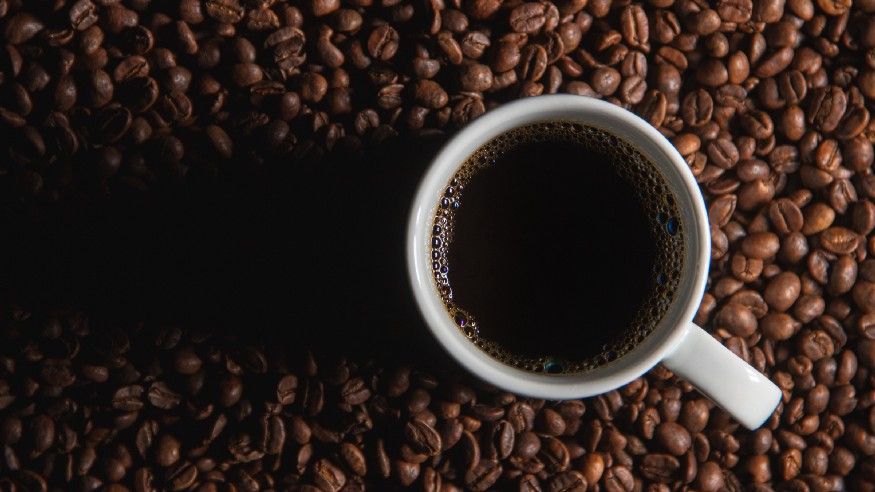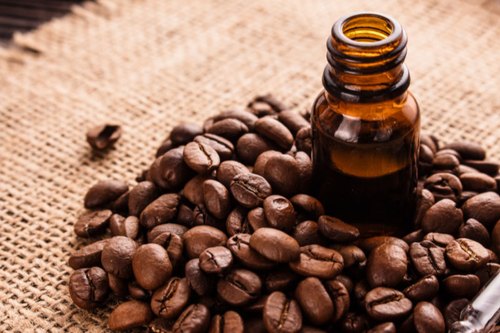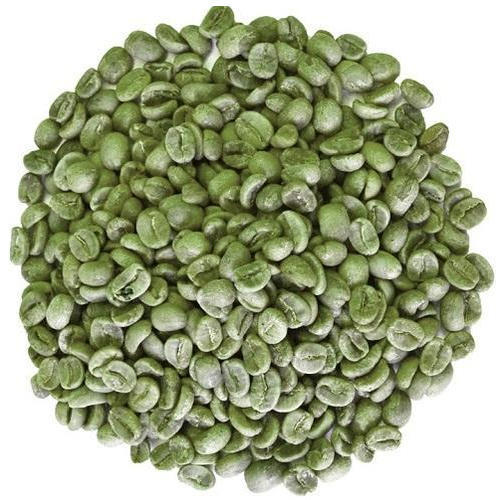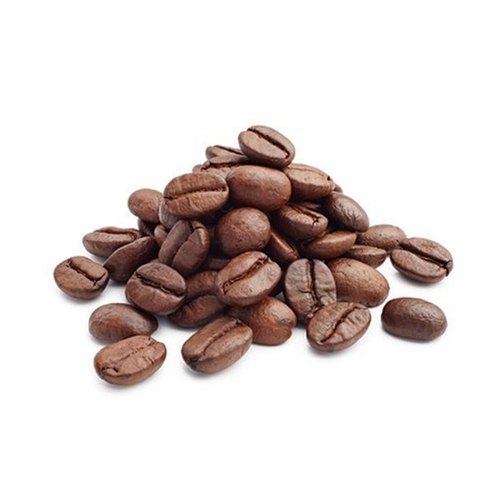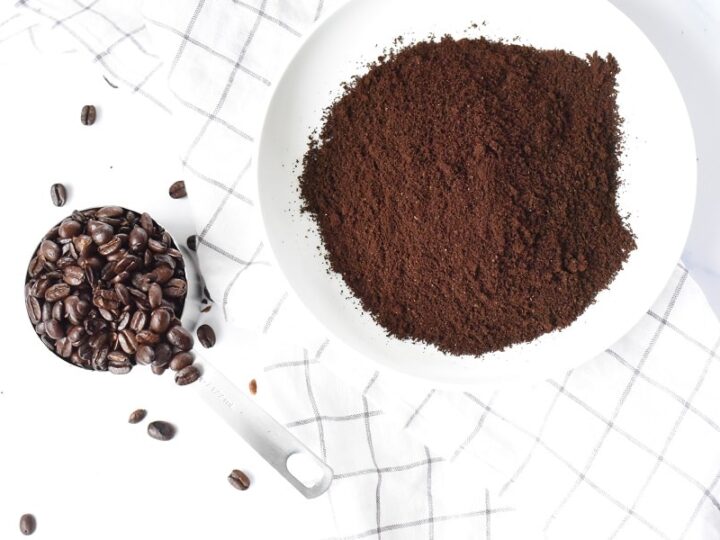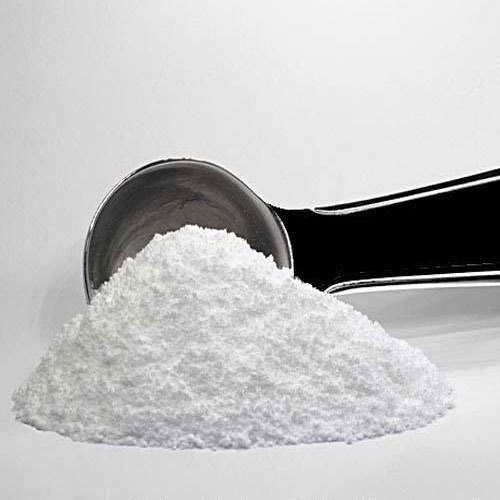Published Date January 24, 2003
Is Coffee Dehydrating?
By Arpita Sudev
3 min read
Last update date: January 24, 2003
All about caffeine, Coffee and dehydration.

Everyone knows coffee contains caffeine. Coffee is one of the most popular beverages in the world. One of the major reasons why a lot of people drink coffee is because of caffeine.
Recommendations on specific fluid choices also vary between countries. If you tend to spend more time sipping coffee instead of water throughout the day, you might as well ask the question: Does coffee dehydrate you?
Caffeine is the most consumed psychoactive substance in the world. It may help boost your mood, help you stay alert, and elevate your mental and physical performance. Although everyone reacts to caffeine differently and has different hydration needs based on their body, age, gender, and the intensity of exercise. Two cups of coffee may have little impact on one person, while another might experience pronounced anxiety, hyperactivity, and dehydration.
However, caffeine can be dehydrating because the main active ingredient in coffee is a diuretic which has a dehydrating effect. This means when you drink coffee, your urine output increases. Generally, dehydration occurs when your body’s fluid balance is altered and your body loses more fluid than it takes in.
Diuretics are substances that cause your body to make more urine than usual. It generally causes your body to expel sodium and water. Caffeine can do so by increasing blood flow to your kidneys, which spurs them to release more water through urine. In general, dehydration occurs when your body’s fluid balance is altered, particularly when fluid loss is greater than fluid intake.
Caffeine itself can cause dehydration but the additional water in coffee and tea-like beverages can help offset the mild diuretic effect of caffeine. In fact, your daily coffee habit can actually be added to your overall hydration budget. Regular consumption of caffeinated coffee or tea will develop a tolerance, and a cup of coffee will then have no significant effect on your overall hydration level. Drinking two to four cups of coffee has little impact on hydration for the regular coffee drinker. The diuretic effect actually decreases reducing the impact on urine output.
Caffeinated drinks can cause headaches and insomnia in some people. Some studies suggest that if you’re pregnant then consuming high levels of caffeine could increase your chance of preterm birth or miscarriage. Water is probably your best bet to stay hydrated. It’s calorie-free, caffeine-free, inexpensive, and readily available.
There is a lack of data that has specifically investigated moderate doses of coffee in free-living healthy adults. Thus, the question of whether moderate coffee consumption can contribute to daily fluid requirements remains unanswered. However, recent studies have hypothesized that coffee when ingested in moderation; would contribute to daily fluid requirements and would not result in progressive dehydration over the course.
Conclusion
Don’t let your caffeine intake impair your intake of straight fluids like water. In short, you still need enough water, you just don’t need to overcompensate with water if you drink coffee. Coffee may not dehydrate you detrimentally, and it can even count toward your daily hydration — but it’s still imperative to drink enough water throughout the day and other hydrating drinks.
References
- https://www.ncbi.nlm.nih.gov/pmc/articles/PMC3886980/
- https://www.mayoclinic.org/healthy-lifestyle/nutrition-and-healthy-eating/expert-answers/caffeinated-drinks/faq-20057965#:~:text=Drinking%20caffeine%2Dcontaining%20beverages%20as,increase%20the%20risk%20of%20dehydration
- https://www.self.com/story/is-coffee-dehydrating
- https://www.healthline.com/nutrition/does-coffee-dehydrate-you#caffeine-and-hydration
- https://pubmed.ncbi.nlm.nih.gov/21346827/
- https://www.dripdrop.com/blog/diuretics/myth-can-a-cup-or-two-of-coffee-cause-dehydration
Keep reading

Is there any difference between expensive and cheap coffee?
Coffee has become an integral part of our lives nowadays. It’s like a coffee a day keeps sleep away. Some people can’t even begin their day without coffee. 
By Naurin Ansari
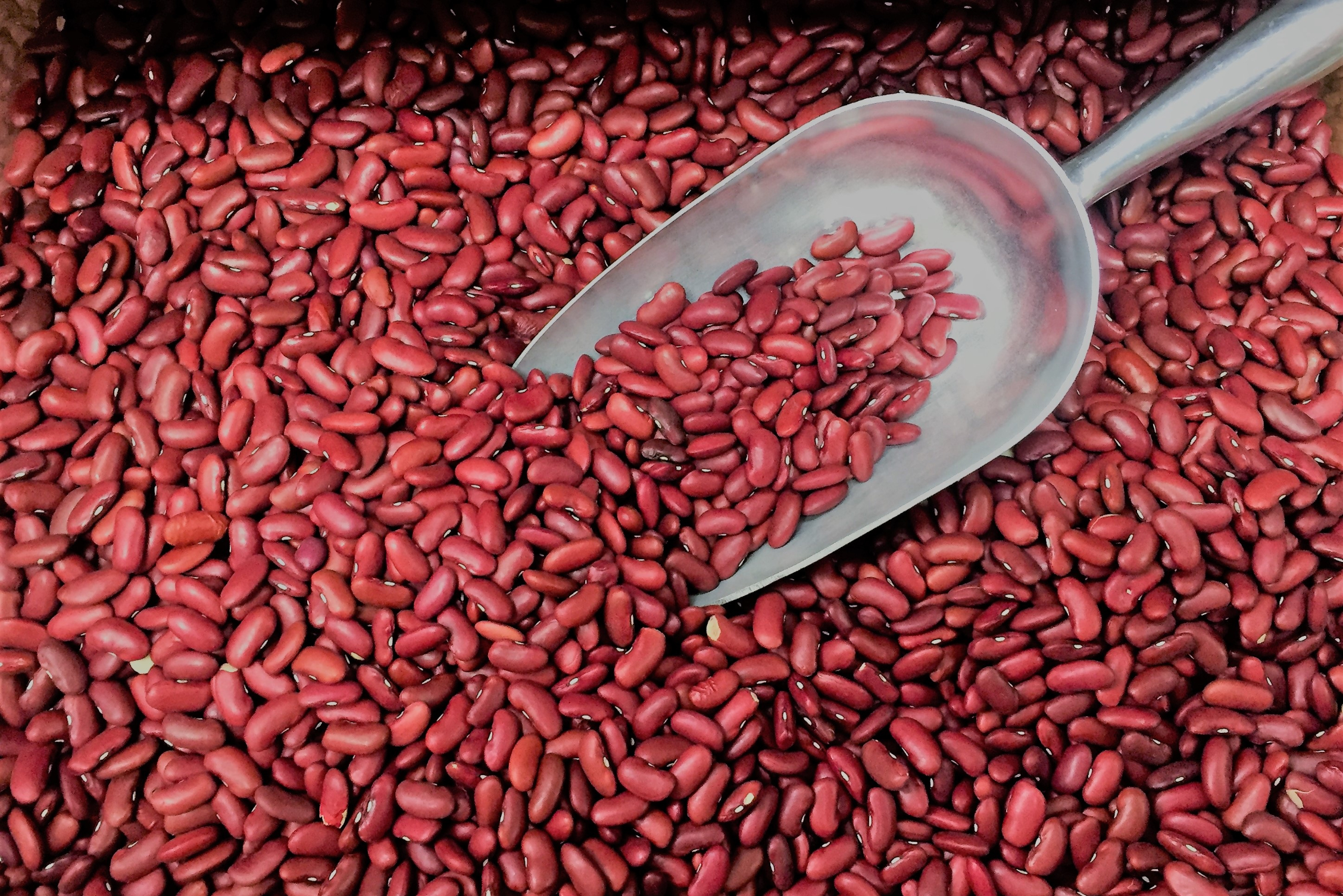
Vegetarian Protein is Underrated
All about amino acids, Oats and vegetarians protein.
By Naurin Ansari
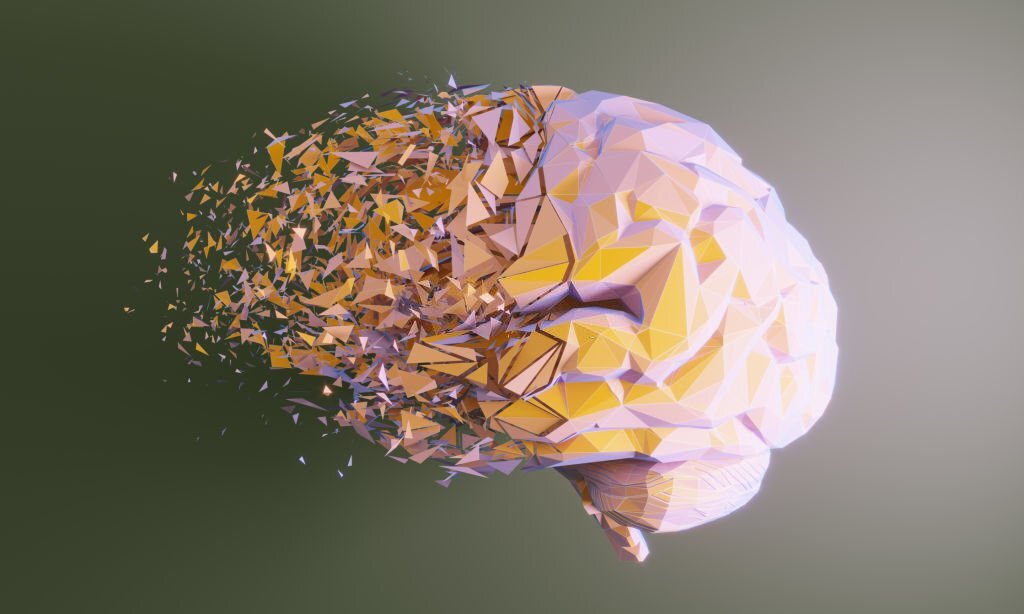
Forgetfulness is not always a disease
Alzheimer’s disease is the most familiar type of Dementia. This progressive disease usually begins with mild loss of ....
By Hetvi Shah

Why is Parmesan cheese considered non-vegetarian?
The reason why parmesan is non-vegetarian is “Rennet”. Rennet comes from an organic substance that contains an enzyme called renin.
By Naurin Ansari
Related Items
Choose Healthy With Us.
Know the real truth about your food. Stay informed and healthy, for free.

Download the App Now
Certified nutritionists trust our food recommendations. Safe to say, so can you :)




